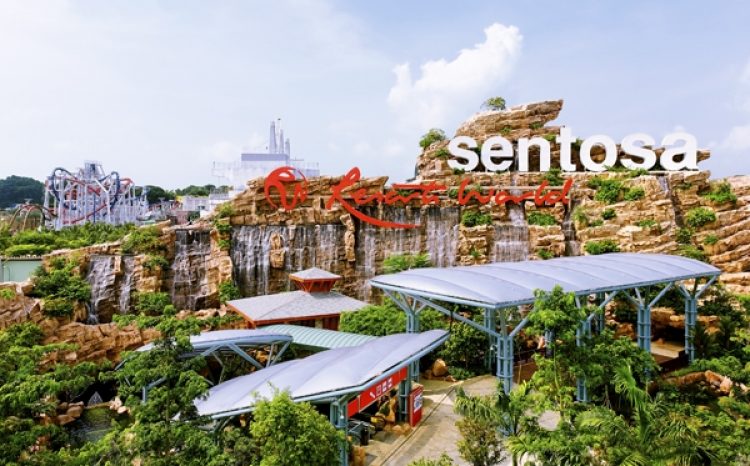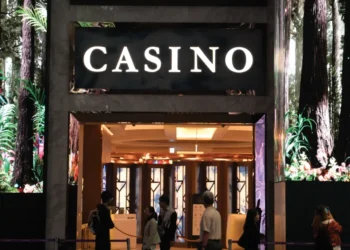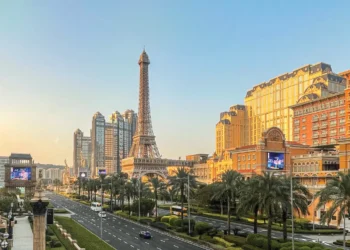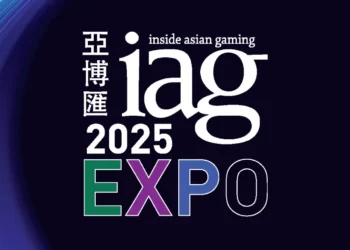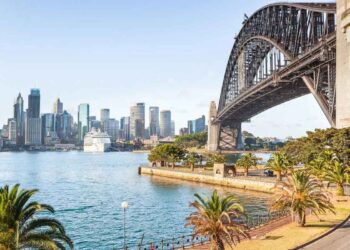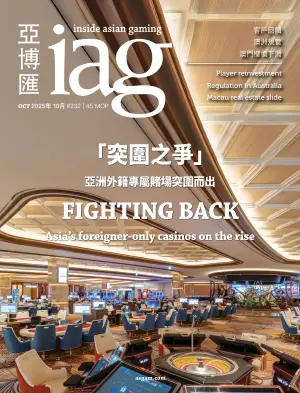A lethargic mass market and crippling VIP payout structure are among a range of factors hampering potential growth opportunities for Genting Singapore, according to brokerage Sanford C Bernstein.
In a Wednesday release, Bernstein analysts Vitaly Umansky, Zhen Gong and Yang Xie noted that Genting Singapore had beaten EBITDA estimates for the past two quarters but a lack of certainty around the company’s chances of winning a Japan gaming license and limited opportunities to increase revenue otherwise tempered any growth potential.
“During the last two quarters, Genting Singapore had beaten our EBITDA, but with lower than expected GGR growth, especially in mass market,” Bernstein said. “EBITDA has been steadily improving due to final write down of uncollectable VIP receivables, cost cuts and better VIP commission ratio.
“Although the operating cost structure has improved, we still see lack of growth in the Singapore business. Mass remains lethargic and VIP growth will be hampered by Genting’s new VIP commission payout structure which is uncompetitive. Strong competition from MBS continues to pressure Resorts World Sentosa. Although the Japan opportunity has resurfaced in full force, we feel investors still need to wait for more certainty and clarity before implying any value to the company. The lack of clarity around Japan makes any value attribution to Genting at this stage premature in our view.”
Genting Singapore reported net profit of S$181.1 million (US$128.7 million) for the first three months of 2017, a 17-fold increase from the S$10.8 million it reported the same period in 2016. Adjusted EBITDA surged by 47% year-on-year to S$283.2 million while revenue for the group grew 5% sequentially to S$586.6 million with gaming revenue growth up 8% to S$434.4 million.
However, Bernstein pointed to a number of factors that will hold the company back in the near future. Among them is the strong competition from Marina Bay Sands, which currently holds around 60% of local market share as well as, “a better location in the center of Singapore, greater MICE exposure and in our view, a superior management team,” the brokerage said.
“We see quite limited reason (no catalysts) to assume that Genting’s market share should improve over the next few years.”
Bernstein also noted that while Genting Singapore’s strong record on a heavily regulated market like Singapore could prove attractive to the Japanese government, the likes of Las Vegas Sands and MGM Resorts were potentially on a stronger footing to be awarded a Japan casino license – should legislation pass this December.
“Some investors have been excited about Japan opportunity, but we believe the potential option value of a Japan opportunity is now reflected in the price,” it said. “Along with significant uncertainty about a potential Japan market structure and economics, Genting faces strong competition from other operators in seeking a Japan license. We are also concerned about currency exchange and softening GDP growth in some important target markets that may create headwinds in the future.
“We revise our estimates for 2017E-2019E and roll forward our valuation based on recent market observations, latest operating performance and discussions with the company and competitors. We reduce our forecast for VIP GGR and Mass table GGR but keep our estimates for slots GGR. As a result, expected total GGR for both 2017E (now S$2.24 billion) and 2018E (now S$2.28 billion) will be 2% lower than previously anticipated in the market, principally due to downward revision for Resorts World Sentosa.”






